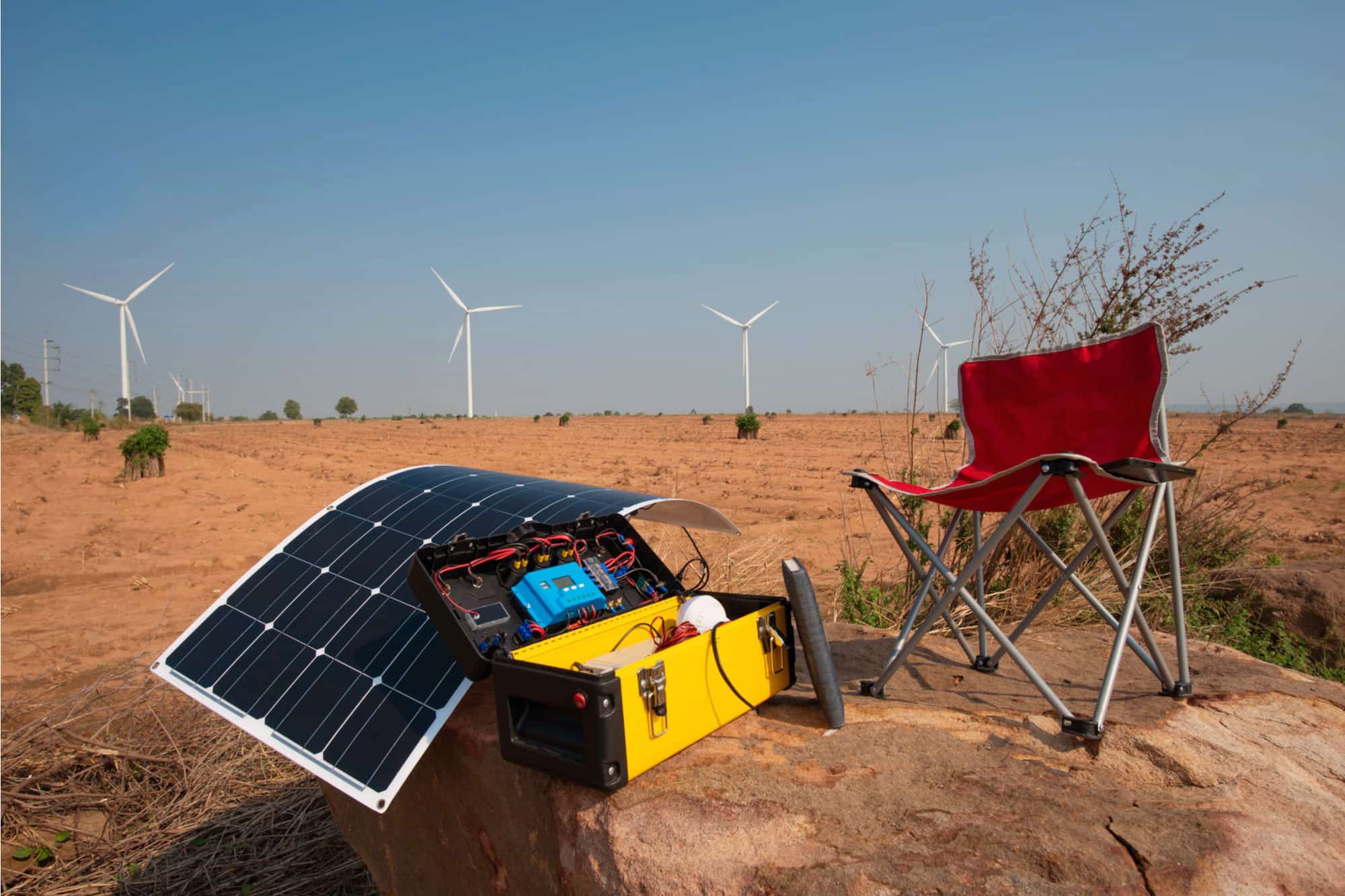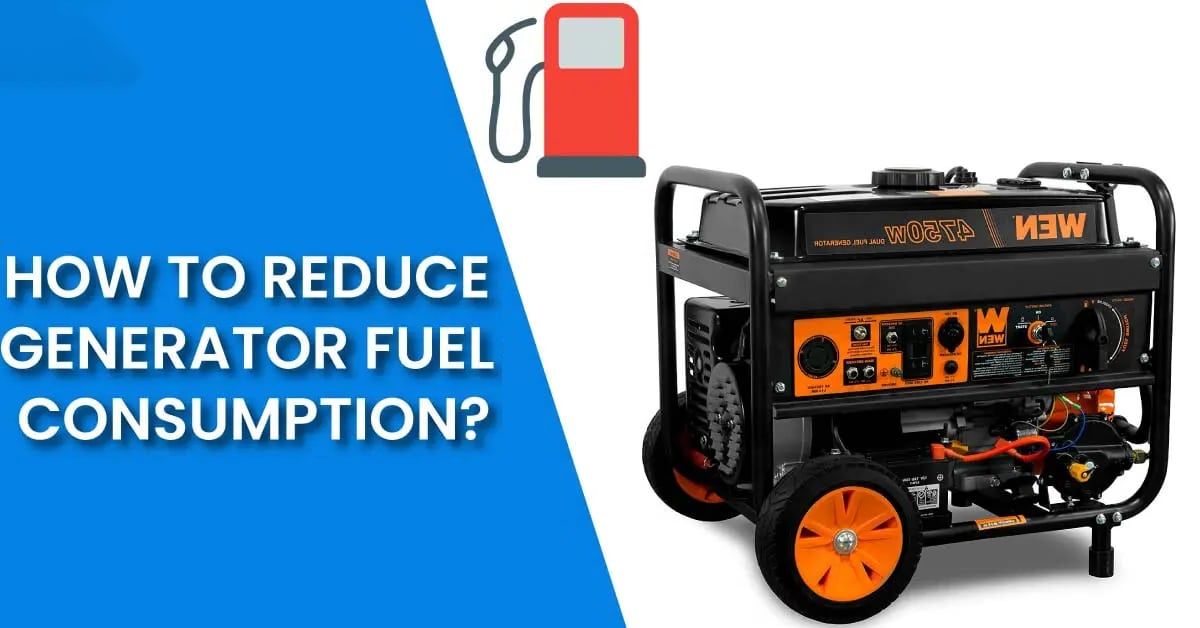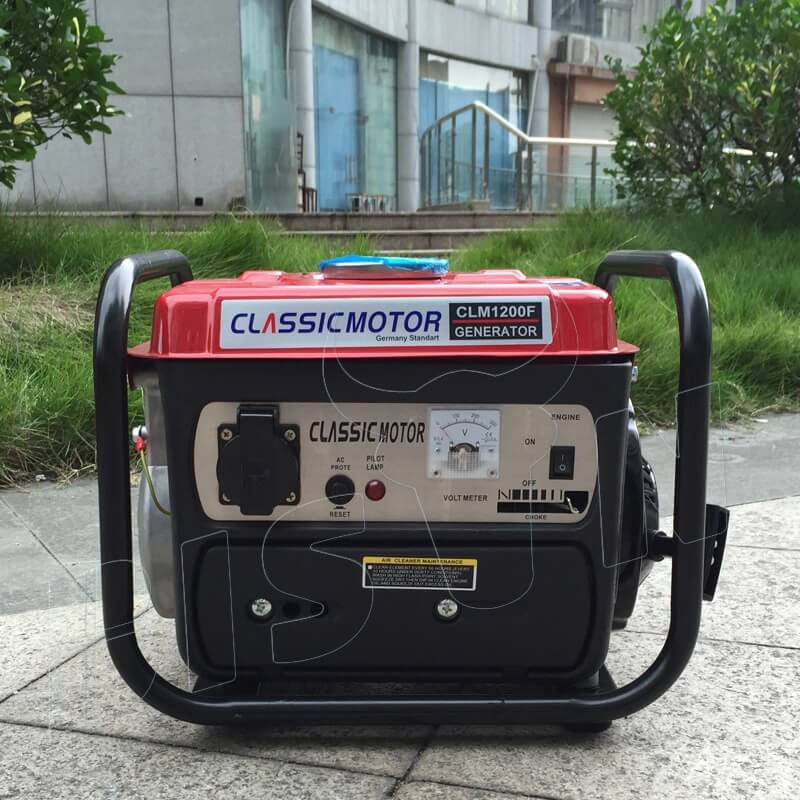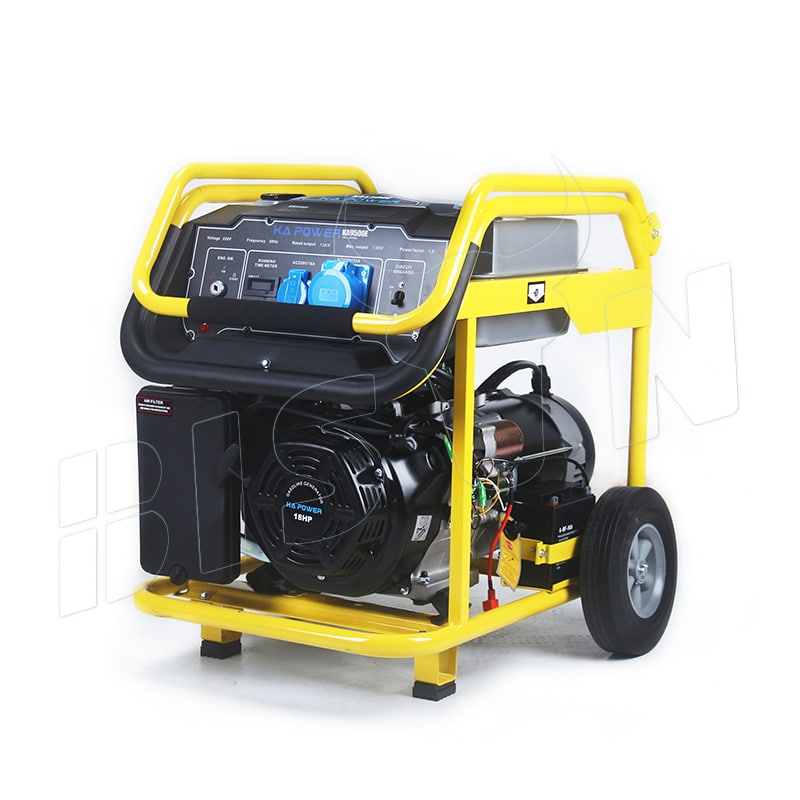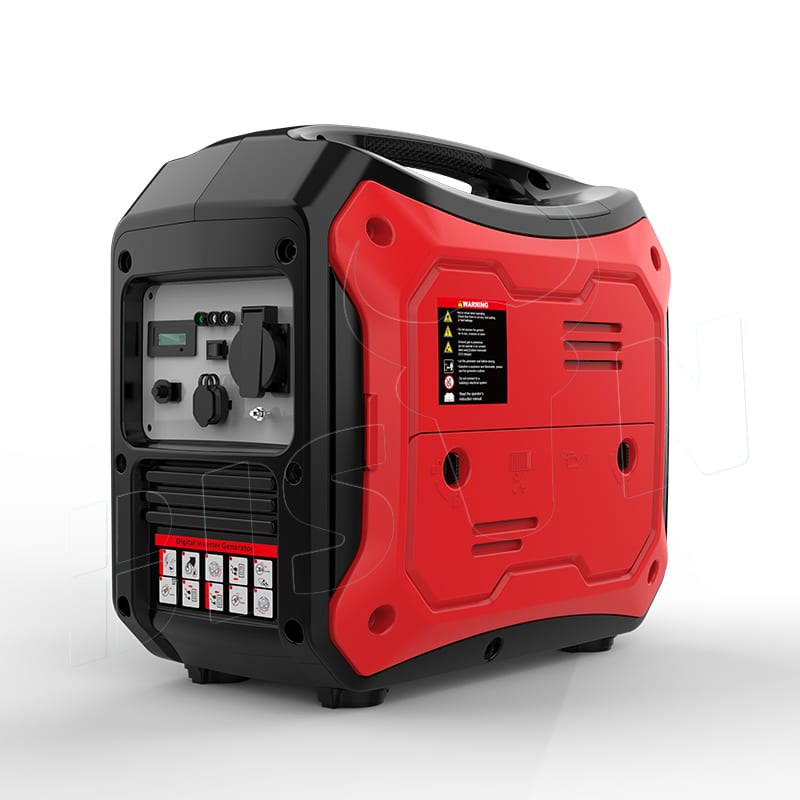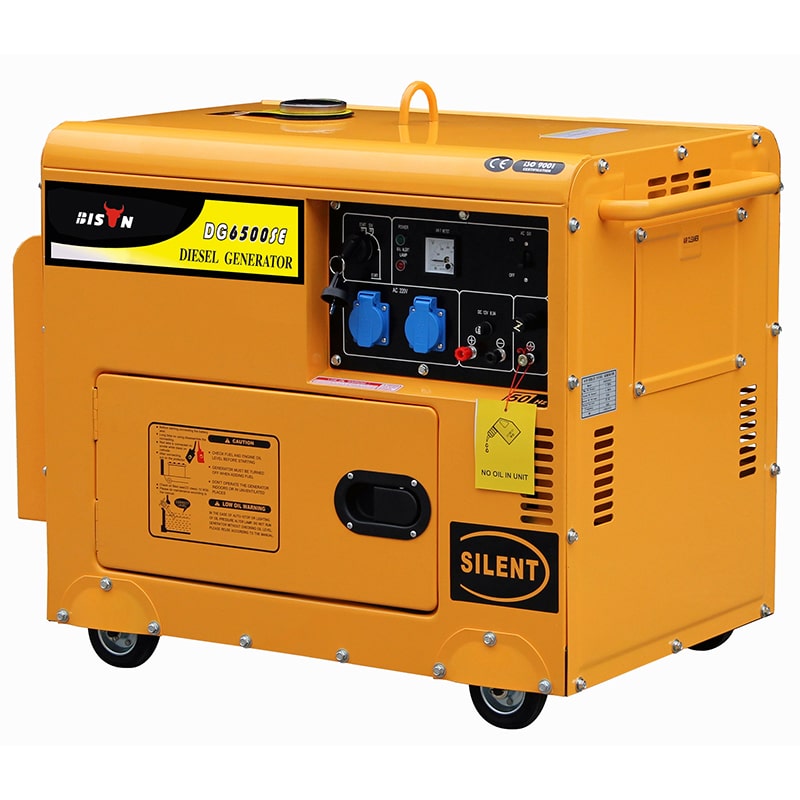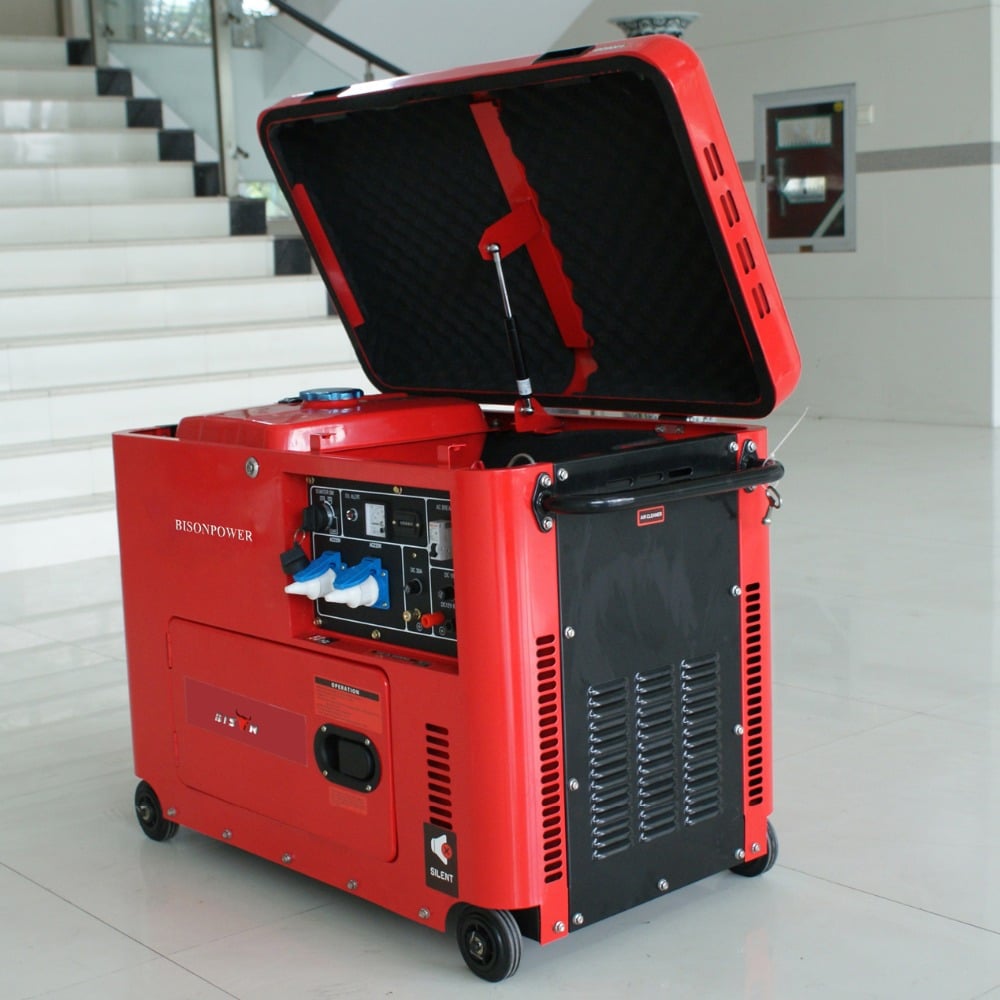Generator operation skills: How do Generators create Electricity?
- February 21, 2023
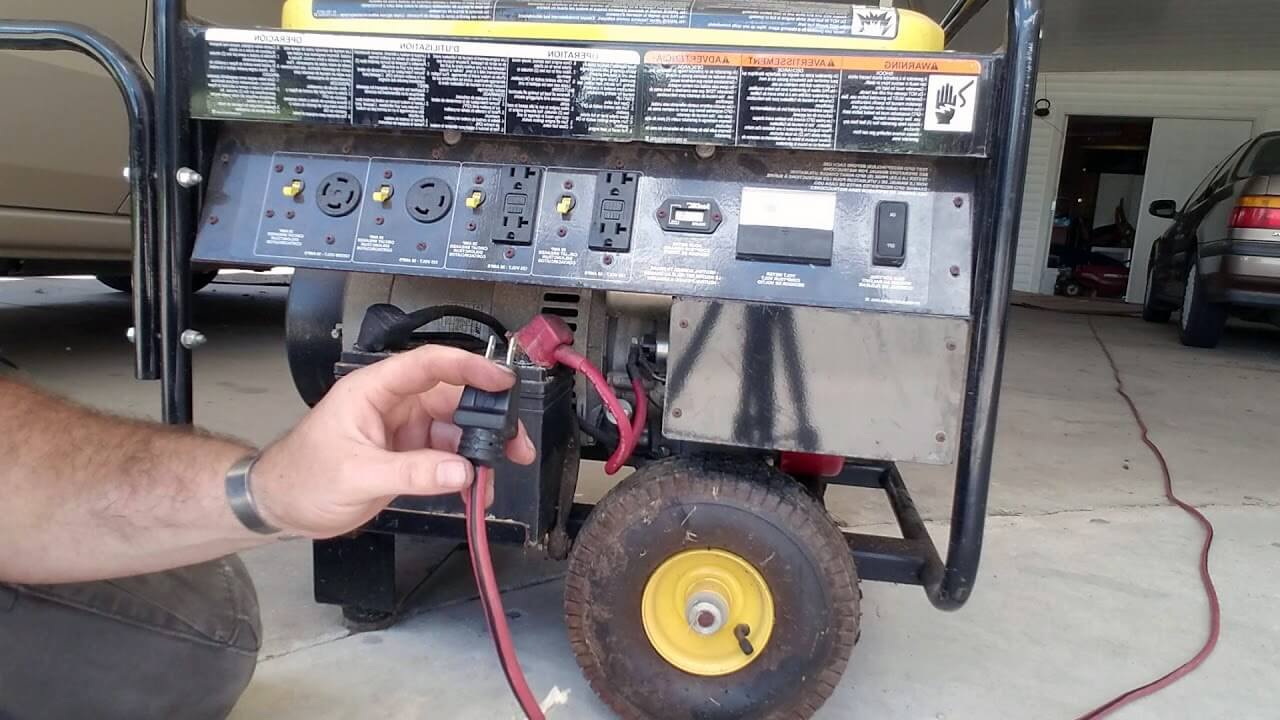
Over the past few years, the use of generators has become popular again. Whether you’re a homeowner who needs emergency backup power or you work for a business with regular power outages, it’s important to know how to safely operate a generator.
First and foremost, always be aware of the restrictions that apply to generator load use. For example, generators are not allowed on some highways, in some municipalities, or during certain weather conditions. Additionally, generators are not allowed in some occupied buildings (like schools and hospitals).
Next, be aware of the hazards that come with using a generator like generator surging. Keep in mind the things which can affect the life of your generator like Generator under load, Generator demand, Generator overload, Generator capacity, Generator capacity factor, and overload on generator, Generator overload problem, Generator oil capacity and Generator performance. For example, generators produce heat and noise, which can be dangerous if they’re operated carelessly. Additionally, generators can start easily and cause fires if not used carefully.

Finally, always be aware of your surroundings while operating a generator. If you’re in a well-populated area, be sure to keep your generator well out of the way. If you’re in a remote area, be sure to keep your generator well-maintained and well-stocked with fuel in case of an emergency.
Generator operation skills and knowledge
There are a few things you should know before operating a generator.
First, be aware of the safety precautions that must be followed when starting and operating a generator. Make sure you are familiar with the manufacturer’s instructions and follow them closely.
Next, be aware of the different types of fuel that generators use. Gasoline, diesel, and propane are all common types of fuel. Make sure you have the correct type of fuel and know how to use it before starting the generator.
Finally, be aware of the load limits for your generator. Make sure the load you are using the generator for is within the load limits specified by the manufacturer. If the load exceeds the limit, the generator may not operate properly and could result in injury or damage.

Tips for Generator operation skills
When it comes to generator operation, it’s important to have some basic skills. If you’re new to generator use, here are some tips to help you get started.
- It’s always a good idea to read the owner’s manual that comes with your generator before starting it up. This will give you a better understanding of how the machine works and will help you avoid any potential problems.
- Next, it’s important to have a reliable power source if you’re going to be operating your generator. Make sure that your generator is plugged into a reliable outlet and that the outlet is properly grounded.
- Additionally, be aware of the weather conditions. If it’s windy or raining, be sure to put your generator in a secure location. If it’s cold outside, be sure to dress appropriately for the weather.
- Finally, be sure to keep your generator well-maintained. This will ensure that it runs smoothly and safely.

Tips for safe and efficient generator operation
When operating a generator, there are a few guidelines you should follow to ensure safe and efficient operation.
- First, always obey the manufacturer’s instructions for using the generator. Make sure to read the manual thoroughly and follow all the safety guidelines that are outlined.
- Next, make sure that you have a properly maintained fuel supply. Make sure the fuel is fresh and approved for use with your generator. If the fuel is not fresh, it will not combust properly and could result in an accident.
- Finally, always wear proper safety gear when operating a generator. Make sure to wear a helmet, eye protection, and sturdy shoes.
Generator operation skills FAQ
How to protect your generator from damage
- First, always use a generator cover. This will help protect your engine from dirt, dust, and other debris that could potentially damage it.
- Second, make sure your generator is properly fuelled and oiled before use. Running an engine without oil is like driving a car without gas; it will wear down your engine faster and cause it to break down more easily.
- Finally, be sure to follow all safety guidelines when using a generator. Follow the manufacturer's guidelines for operating your generator and stay aware of your surroundings at all times.
What are the most important aspects of generator operation?
The stator and rotor are two critical components that allow the generator to generate electricity in a cost-effective and efficient manner. The stator is a fixed component made up of an iron core and twisted electrical conductor coils.
Generator what size do I need?
To determine what size generator you need, you'll need to consider the power requirements of the appliances, tools, and devices you want to run. First, make a list of everything you want to power with the generator, and then look for the power requirement for each item. Add up the power requirements for all of the items on your list to get the total wattage you'll need.
If you have any enquiries about the BISON generator, we would love to hear from you.


